Related Research Articles
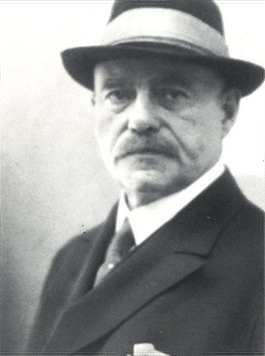
Hermann Sudermann was a German dramatist and novelist.
This article contains information about the literary events and publications of 1903.

Sir Anthony Hope Hawkins, better known as Anthony Hope, was a British novelist and playwright. He was a prolific writer, especially of adventure novels but he is remembered predominantly for only two books: The Prisoner of Zenda (1894) and its sequel Rupert of Hentzau (1898). These works, "minor classics" of English literature, are set in the contemporaneous fictional country of Ruritania and spawned the genre known as Ruritanian romance, books set in fictional European locales similar to the novels. Zenda has inspired many adaptations, most notably the 1937 Hollywood movie of the same name and the 1952 version.
This article contains information about the literary events and publications of 1894.
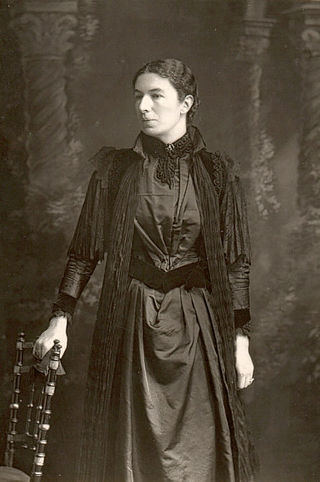
Mary Augusta Ward was a British novelist who wrote under her married name as Mrs Humphry Ward. She worked to improve education for the poor setting up a Settlement in London and in 1908 she became the founding President of the Women's National Anti-Suffrage League.
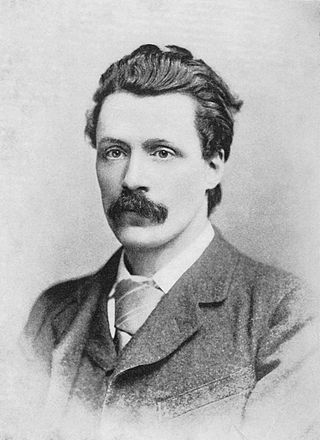
George Robert Gissing was an English novelist, who published 23 novels between 1880 and 1903. His best-known works have reappeared in modern editions. They include The Nether World (1889), New Grub Street (1891) and The Odd Women (1893).
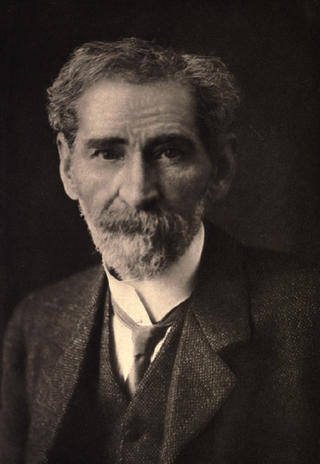
William Henry Hudson – known in Argentina as Guillermo Enrique Hudson – was an Anglo-Argentine author, naturalist and ornithologist.
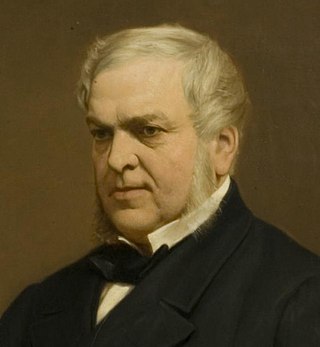
John Forster was a Victorian English biographer and literary critic.

Sir Walter Besant was an English novelist and historian. William Henry Besant was his brother, and another brother, Frank, was the husband of Annie Besant.

Henry Kingsley was an English novelist, brother of the better-known Charles Kingsley. He was an early exponent of muscular Christianity in an 1859 work, The Recollections of Geoffry Hamlyn.
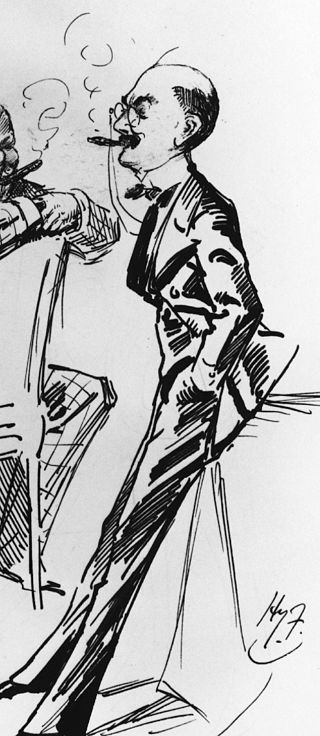
Thomas Anstey Guthrie was an English writer, most noted for his comic novel Vice Versa about a boarding-school boy and his father exchanging identities. His reputation was confirmed by The Tinted Venus and many humorous parodies in Punch magazine.

A Laodicean; or, The Castle of the De Stancys. A Story of To-Day is a novel by Thomas Hardy, first published in 1880–81 in Harper's New Monthly Magazine. The plot exhibits devices uncommon in Hardy's other fiction, such as falsified telegrams and faked photographs.
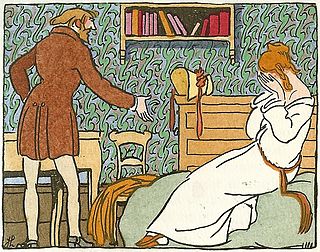
Scenes of Bohemian Life is a work by Henri Murger, published in 1851. Although it is commonly called a novel, it does not follow standard novel form. Rather, it is a collection of loosely related stories, all set in the Latin Quarter of Paris in the 1840s, romanticizing bohemian life in a playful way. Most of the stories were originally published individually in a local literary magazine, Le Corsaire. Many of them were semi-autobiographical, featuring characters based on actual individuals who would have been familiar to some of the magazine's readers.

William Lyon Phelps was an American author, critic and scholar. He taught the first American university course on the modern novel. He had a radio show, wrote a daily syndicated newspaper column, lectured frequently, and published numerous books and articles.

The Art of Fiction is a book of literary criticism by the British academic and novelist David Lodge. The chapters of the book first appeared in 1991-1992 as weekly columns in The Independent on Sunday and were eventually gathered into book form and published in 1992. The essays as they appear in the book have in many cases been expanded from their original format.

Morley Charles Roberts was an English novelist and short story writer, best known for The Private Life of Henry Maitland.

Count Lev Nikolayevich Tolstoy, usually referred to in English as Leo Tolstoy, was a Russian writer regarded as one of the greatest authors of all time. He received nominations for the Nobel Prize in Literature every year from 1902 to 1906 and for the Nobel Peace Prize in 1901, 1902, and 1909.

Countess Sophia Andreyevna Tolstaya, sometimes anglicised as Sofia Tolstoy, Sophia Tolstoy and Sonya Tolstoy, was a Russian diarist, and the wife of writer Count Leo Tolstoy.

In the Year of Jubilee is the thirteenth novel by English author George Gissing. First published in 1894.
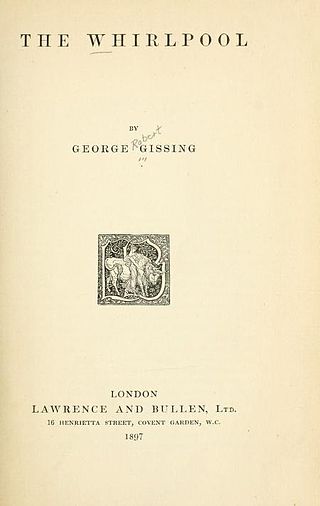
The Whirlpool is a novel by English author George Gissing, first published in 1897.
References
- ↑ Coustillas, Pierre ed. London and the Life of Literature in Late Victorian England: the Diary of George Gissing, Novelist. Brighton: Harvester Press, 1978, pp.380 and 383.
- ↑ Phelps, William Lyon (1918). Essays on Modern Novelists. Library of Alexandria.
- ↑ American Film Institute (1971). The American Film Institute catalog of motion pictures produced in the United States. University of California Press. p. 253. ISBN 978-0-520-20969-5.